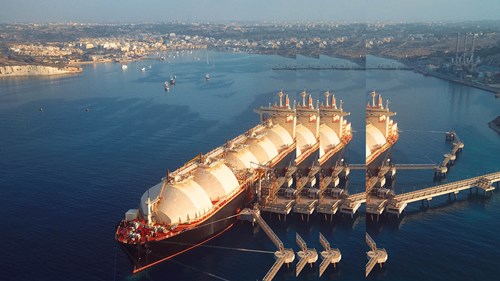New arrangements to combat corruption in the Czech Republic
In 2015, the Czech Republic rose 16 places from 53rd to 37th in the Corruption Perception Index published by Transparency International. In a global comparison, this is one of the biggest improvements by a single country. Systematic and personnel changes in the public prosecution service and judiciary have contributed to this, and the corruption watchdogs also rate the development of legal provisions positively. This can be reinforced by the recently passed criminal law amendment which aims to ensure that certain corruption offences are reported more frequently in future.
Amendment of the Code of Criminal Procedure and Criminal Code
On 1 July 2016, Act No. 163/2016 came into force, containing significant changes to the Code of Criminal Procedure and the Criminal Code and in particular introduces two new legal instruments: the temporary suspension of prosecution of the reporting person (cooperating suspect) and the decision not to prosecute certain corruption offences listed in the Act. Thus perpetrators of active bribery can obtain immunity from prosecution in certain cases if they report themselves to the police.
Temporary suspension of prosecution
The prosecution of a suspect who has actively bribed someone can be temporarily suspended, provided that the briber
- promised a bribery payment, financial or other benefit only because it was demanded of him,
- has reported voluntarily and without delay to the police or public prosecution service all facts known to him about the case, especially the identity of the person who demanded the bribe, financial or other benefit and
- undertakes to testify about these facts in preliminary and court proceedings in full and truthfully.
However, no suspension of prosecution is possible if the initiative originated with the briber himself. Also, disclosure to the prosecution authorities must take place promptly and without specific investigations having begun. It has not been clarified in the legislative process what maximum time period there can be between giving the bribe and disclosure in order for promptness to be assumed. While it appears that the public prosecution service will determine this with a fair amount of leniency, there remain some uncertainties, also regarding the consequences if it cannot be determined with certainty whether the initiative for the deed originated with the briber or the bribed.
Decision not to prosecute
If the suspect has fulfilled his duties under the aforementioned special provisions on the temporary suspension of prosecution, the public prosecutor in charge decides that prosecution will not take place. However, a decision not to prosecute may only be made after the non-appealable termination of the criminal proceedings.
Self-reporting by companies
Since in the Czech Republic, unlike in Germany, there is actual criminal liability for companies in the case of corruption offences, the new arrangement also applies to companies. These, too, can avoid sanctions if they themselves (i.e. the persons authorised to act) are the first to disclose that bribery action was taken by its official organs or employees and if they fulfil the other conditions listed.
Non-prosecution of other criminal offences as well
The option of temporary or definitive non-prosecution is possible not only for bribery offences (Sec. 332 Criminal Code) or indirect bribery (Sec. 333(2) Criminal Code), but also for other criminal offences such as insolvency offences, breaches of rules on fair competition, criminal offences in connection with public tenders or in public competition or a public auction.









